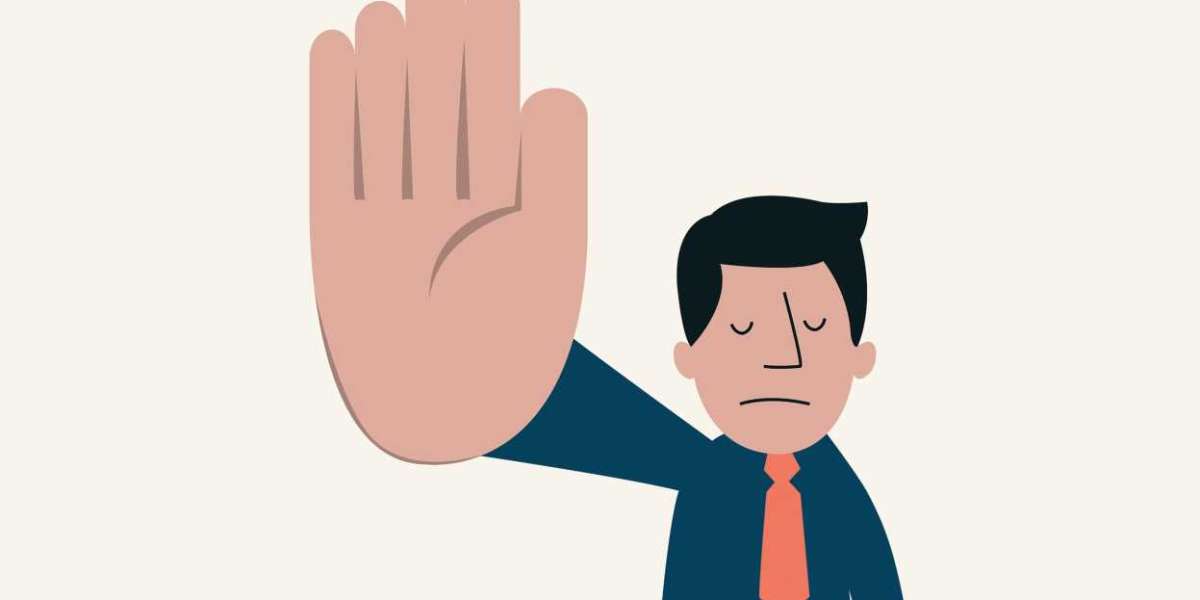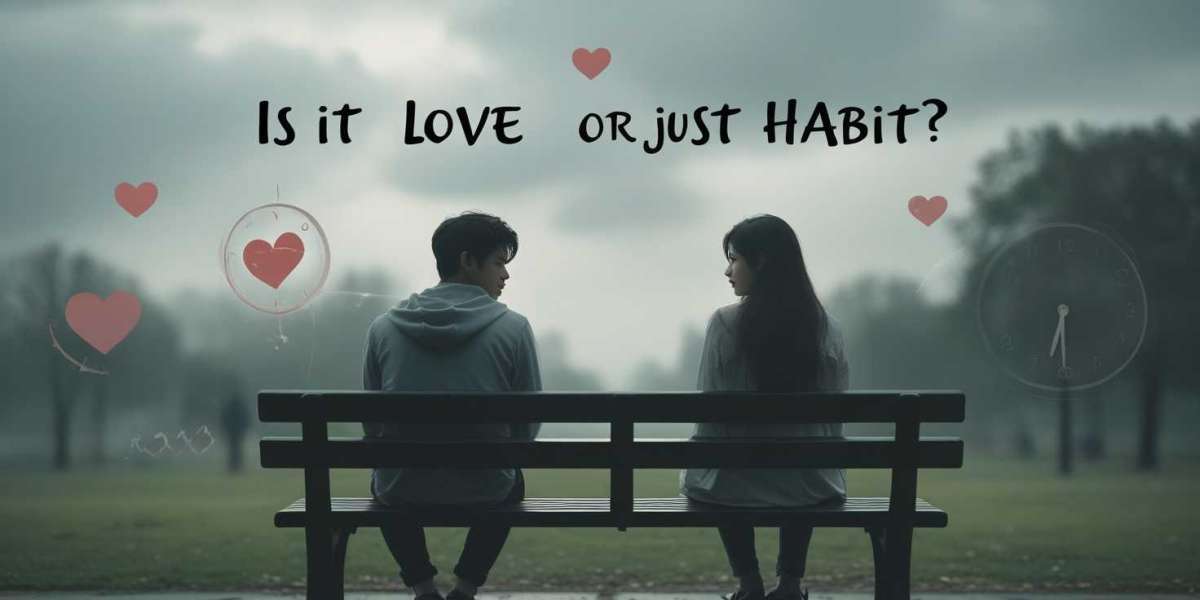? The Psychology of Saying Yes (Too Much)
From a young age, we’re conditioned to be agreeable. We want to be helpful, liked, dependable. Saying “yes” feels like the right thing to do. But constantly saying yes can:
Drain your energy
Create hidden resentment
Lead to burnout
Lower your self-esteem over time
When we say “yes” out of guilt or pressure, we’re often saying “no” to ourselves.
? Saying ‘No’ Is a Boundary, Not an Attack
Contrary to what your anxiety might whisper in your ear, saying “no” isn’t mean or selfish — it’s a boundary. It’s how you protect your time, mental health, and energy for the things (and people) that truly matter.
Here’s what saying “no” actually does:
Teaches others how to respect your limits
Gives you space to rest and recharge
Makes your “yes” more meaningful
? 3 Ways to Say “No” Without Guilt
The Kind Rejection:
“Thanks so much for thinking of me, but I can’t take that on right now.”The Honest Pass:
“I’d love to help, but I need to prioritize my own schedule this week.”The Polite Deflection:
“Let me check my calendar and get back to you.” (Buys time to consider, or decline later)
?♀️ What I Noticed After Saying “No” More Often
I slept better
I was less irritable
I started enjoying the things I chose to do
People actually respected me more
It was scary at first, but empowering. The more I said no, the more aligned my life felt with what I actually wanted.
? Final Thoughts: Your Time Is Your Power
Saying “no” is one of the kindest things you can do — not just for yourself, but for the people around you. Because when you're rested, balanced, and intentional, you show up better in every area of life. Start small. Say no once. Watch how freeing it feels.







